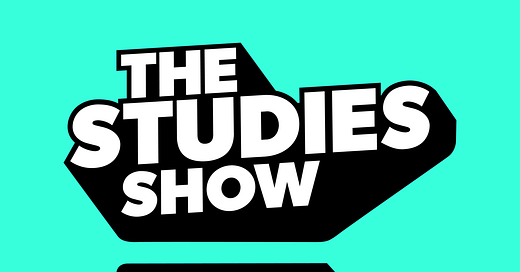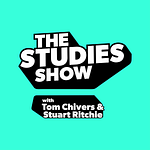If you give someone a sugar pill but convince them it’s a real medicine, they might get better because of the power of belief. That’s the standard story, anyway.
But as Tom and Stuart find in this episode, the more you dig into the science on placebo effects, the more you begin to doubt that the placebo effect is some innate bodily healing process that responds to beliefs. Instead, it might all just be due to mistakes and biases in the studies. Do we need to completely change the way we think about placebos?
The Studies Show is sponsored by Works in Progress magazine, an online magazine full to the brim with the best writing on science, technology, and human progress. Read any of the essays in Works in Progress magazine and you’re guaranteed to come away with a new idea or a new understanding of how things work - we can’t recommend it highly enough.
The Studies Show is also sponsored by the i, the UK’s smartest daily newspaper. Right now you can get a half-price deal on digital subscriptions, including full access to Stuart’s weekly subscriber-only science newsletter, by following this special podcast link.
Show notes
“The Powerful Placebo” - the paper from 1955 that made the placebo effect famous
The 1965 study on placebo effects when participants know they’re getting a sugar pill
Bad Science column from 2008 on the power of the placebo effect, “the coolest strangest thing in medicine”
Review from 2017 on “open-label placebo” studies
2018 review on mechanisms of how “placebos without deception” might work
Slate Star Codex article the 5-HTTLPR gene
New England Journal of Medicine review of the placebo effect from 2020
Response to the NEJM review by Dahly and Rafi
2010 Cochrane review of “Placebo effects for all clinical conditions”
“The pervasive problem of placebos in psychology”
Review & meta-analysis of the placebo effect in studies on back pain
Credits
The Studies Show is produced by Julian Mayers at Yada Yada Productions.









Share this post